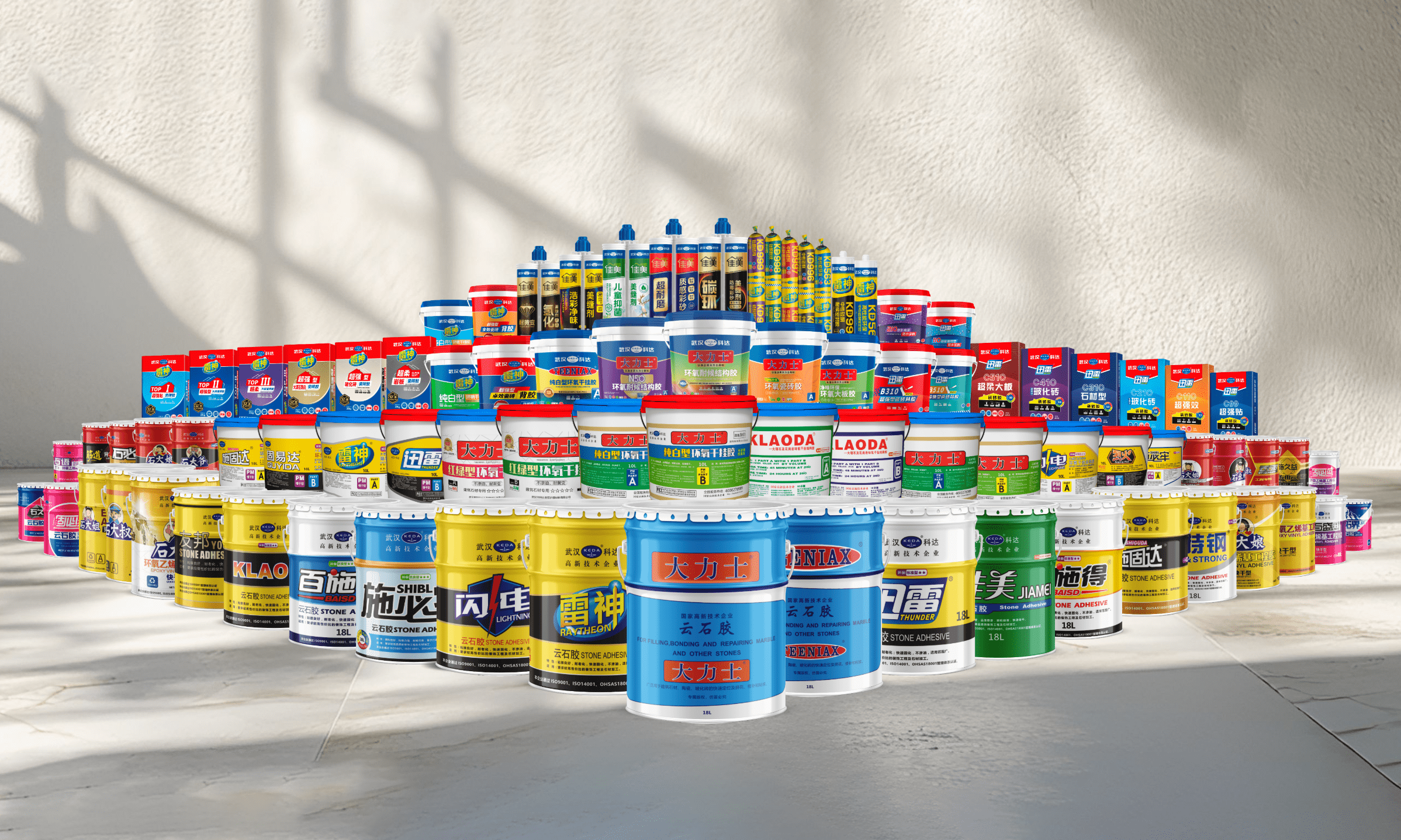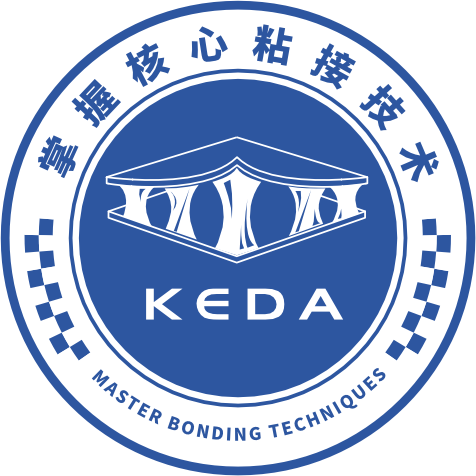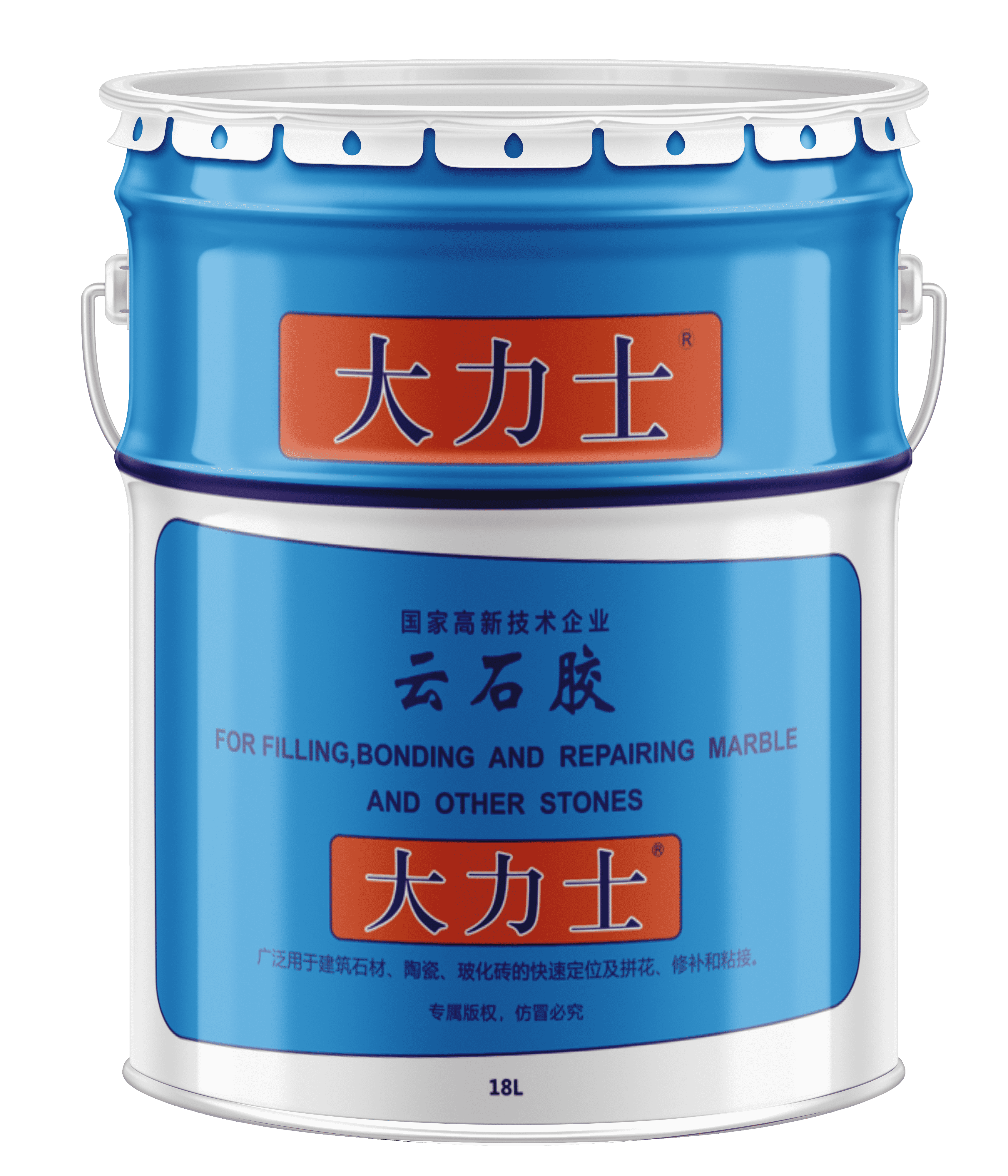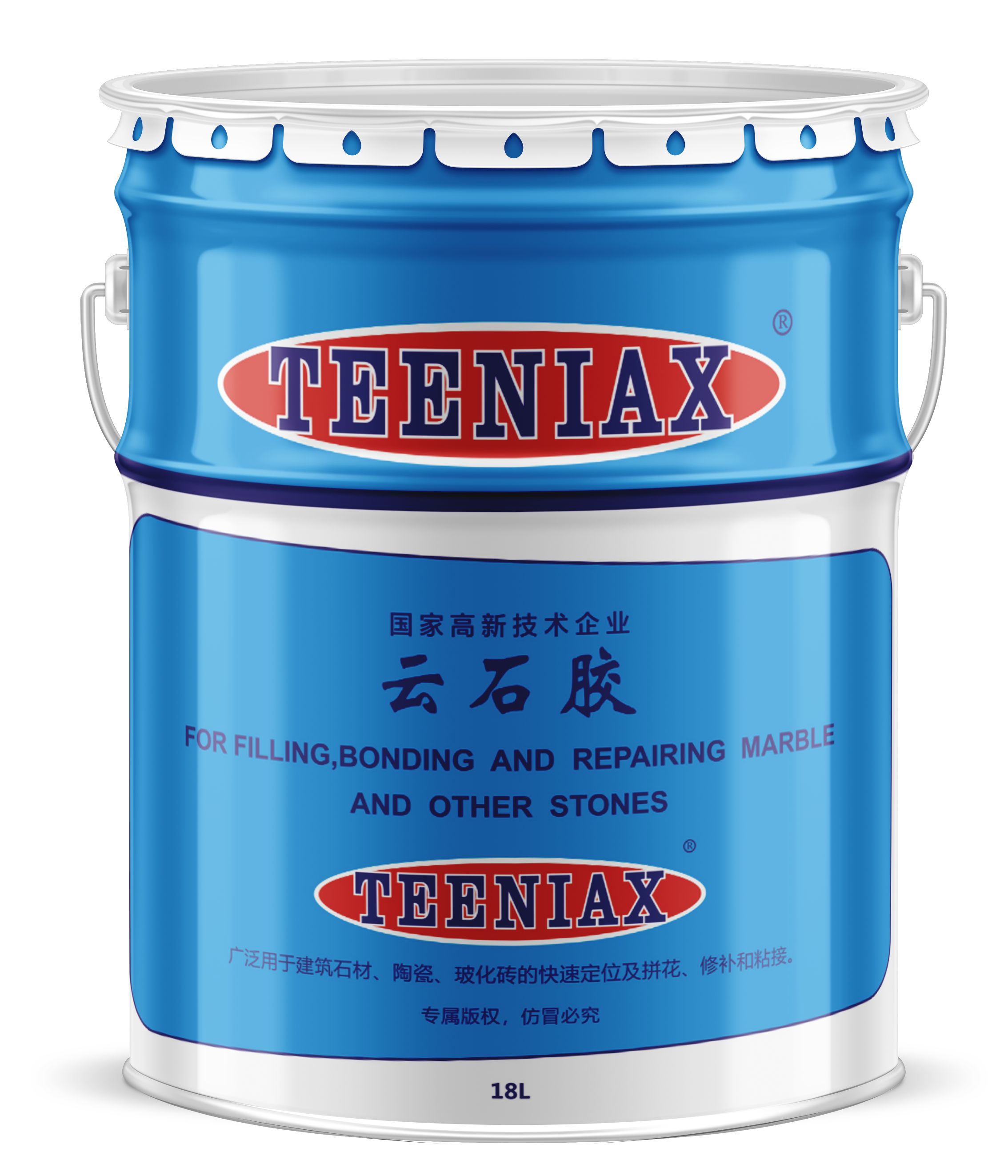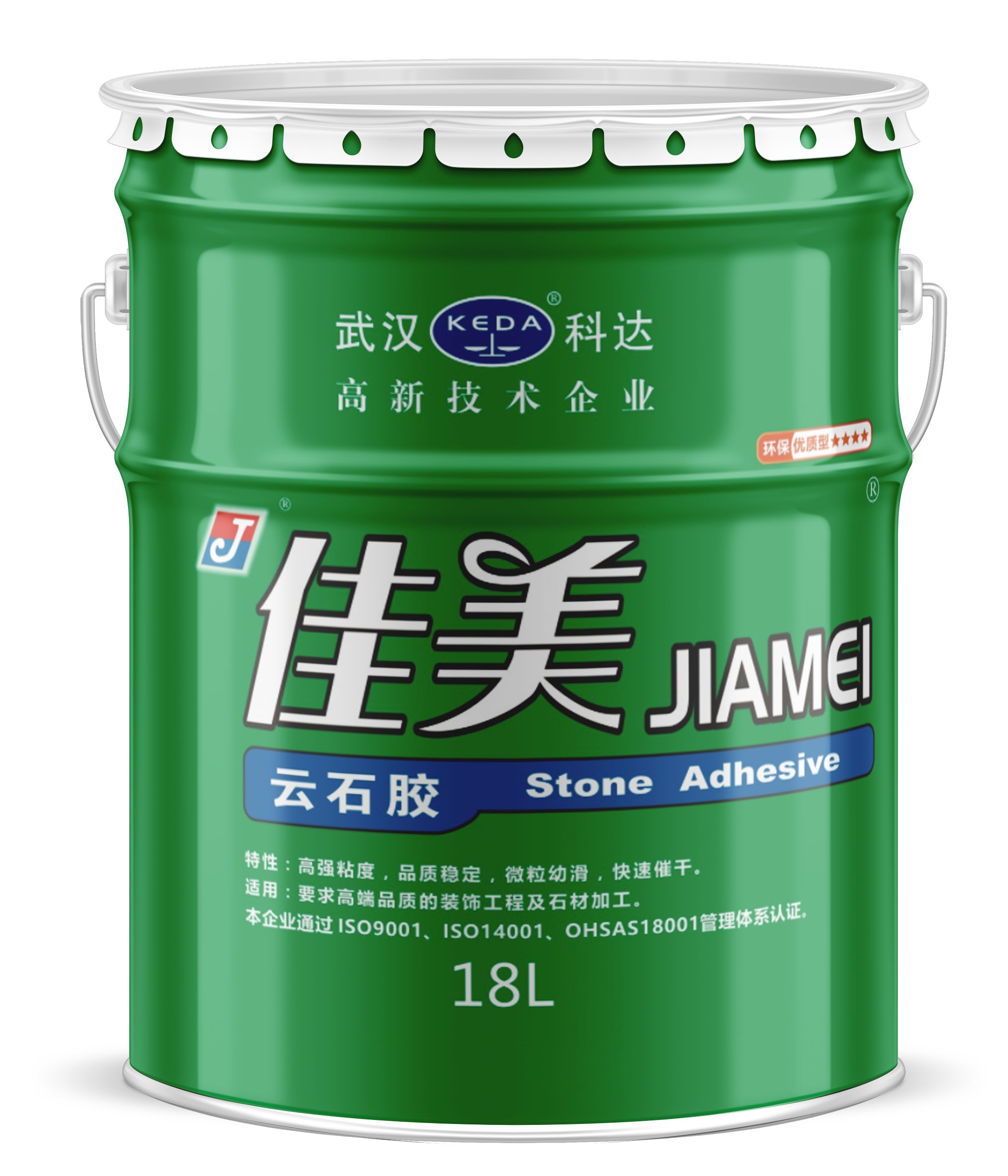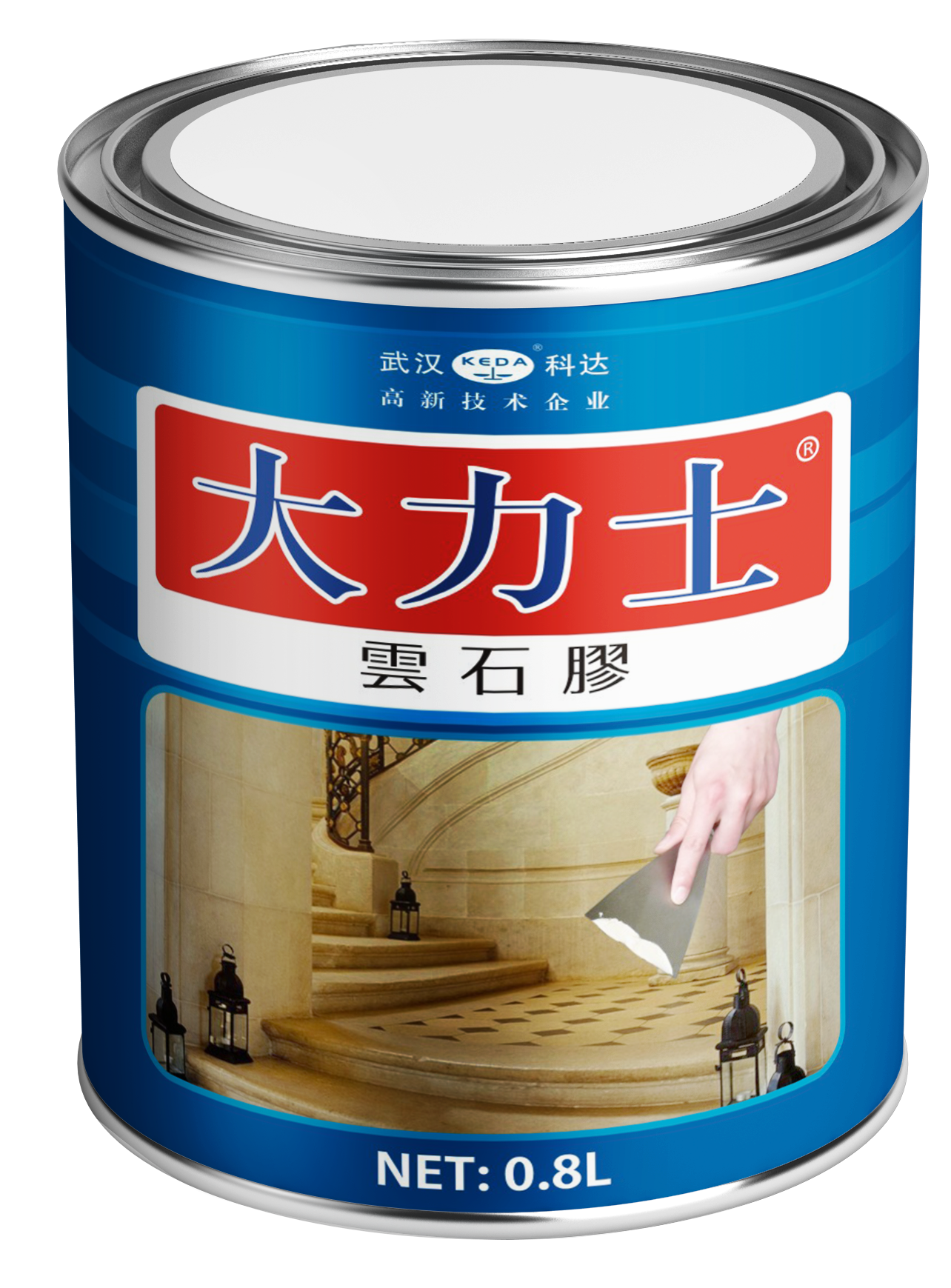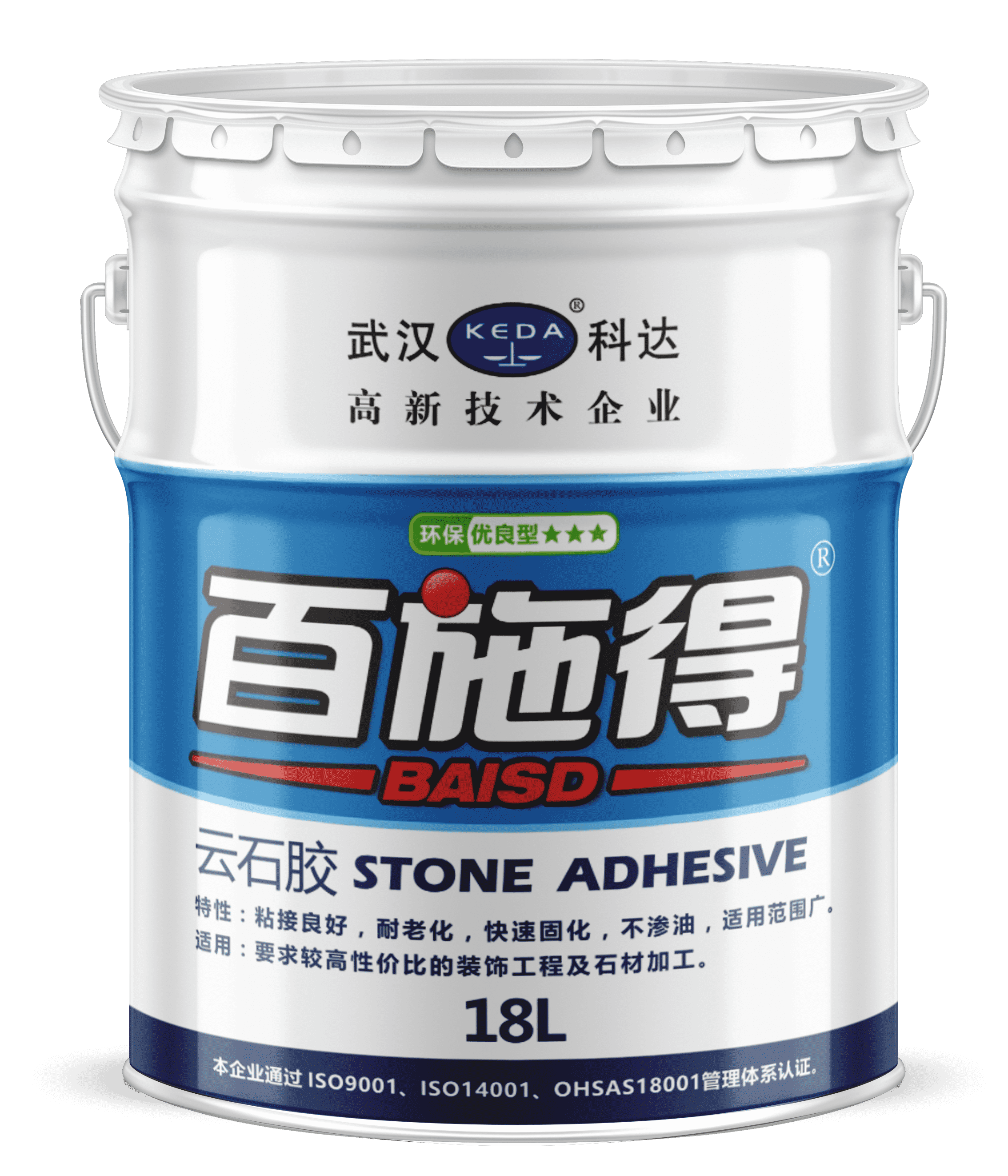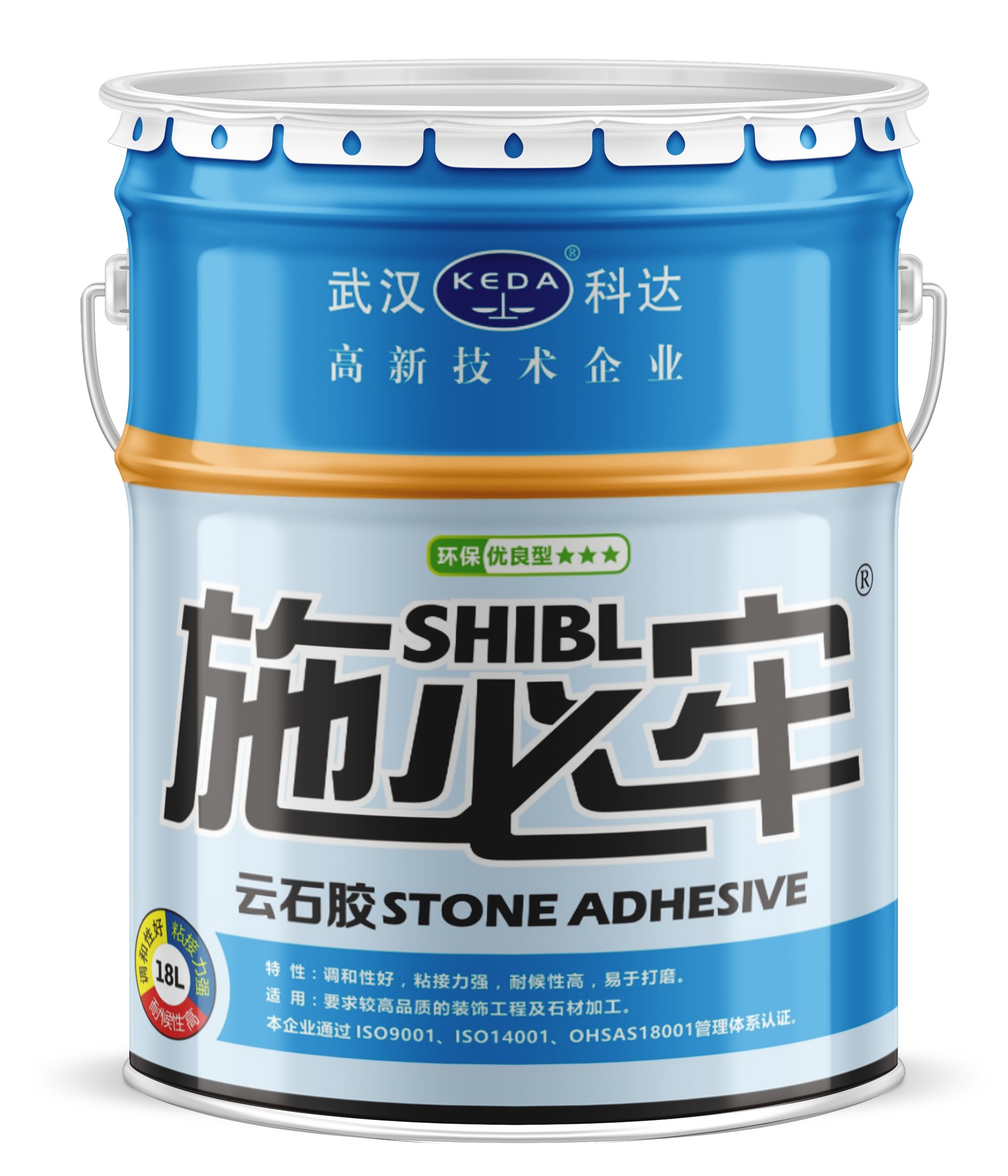

Hercules Rock Plate Compound Adhesive (Premium Selection)
-
Main features
-
- Super Bonding
- Fast curing
- good weather resistance
- Special for rock slab
-
Product Certification
-
-
-
Color
- White
- Black
- Grey
-
Product Specifications
-
- 1L
-
Executive standards
-
- Industry Standard: JC/T 989-2016 "non-structural bearing stone adhesive"
Product overview
Hercules Rock Plate Composite Adhesive is a high quality adhesive product specially tailored for rock plates, using modified epoxy and acrylic resins., it has the characteristics of strong weather resistance and strong adhesion, which is suitable for rock plate45° angle bonding, can also be widely used in rock and stainless steel, iron, wood, granite, quartz stone, artificial marble and other composite use
Product characteristics
|
Physical Properties:
|
Smooth and delicate, easy to reconcile, good thixotropy
|
Mechanical properties:
|
high strength bonding
|
|
Weather resistance:
|
Excellent water resistance
|
Environmental safety:
|
Limit Detection of Harmful Substances in Adhesives for Interior Decoration Materials (GB 18583-2008)
|
|
Construction performance:
|
Room temperature curing time faster, fully cured up to the use of strength, easy to operate
|
||
Scope of application
Mainly applicable to rock slab45° angle bonding. Can also be widely used in rock slabs and stainless steel, iron, wood, granite, quartz stone, artificial marble and other composite use
Construction operation
1. take out the required amount in the tank, add the appropriate amount of curing agent, and mix well before use.
2. the mixing ratio is100 part glue ratio1-3 part of curing agent
Precautions
1. do not put the remaining glue back into the tank after mixing.
2. if you want to speed up or slow down the curing speed, add more or reduce the curing agent can be
3. please remember to keep the glue in a cool place and close the lid tightly after use.
4. the surface to be bonded should be clean and dry, on the contrary, it will cause the bonding to be weak or fall off.
5. do not contact with eyes and skin, do not let children near
FAQ
-
Q
How long is the shelf life of marble glue
-
A
The shelf life of marble glue is one year at 25℃. The shelf life of marble glue is inversely proportional to the temperature. The higher the temperature, the shorter the shelf life of marble glue.
Suggestion: The product should be stored in a cool and well-ventilated place. It must not be exposed to direct sunlight or rain. The recommended storage temperature is 5 to 35 degrees Celsius. In addition, the remaining glue after adding the curing agent should not be put back into the can to avoid causing the entire can of glue to solidify.
-
Q
The differences of marble glue curing agents
-
A
Keda marble adhesive curing agents are divided into summer curing agents and winter curing agents. The cap of the summer curing agent is blue and is generally used in scenarios where the temperature is above 20℃. The winter curing agent with a red cap is generally used in scenarios where the temperature is below 20℃.
Suggestion: The recommended usage ratio of marble glue to curing agent is 100:3. According to the actual temperature conditions, choosing the appropriate type of curing agent can effectively control the operational time. If the operable time needs to be adjusted, the amount of curing agent can be appropriately increased or decreased within the range of 1% to 5% to meet specific requirements.
-
Q
The acid and alkali resistance of marble glue
-
A
Marble adhesive contains varying degrees of ester bonds. It is prone to hydrolysis when exposed to acids and alkalis, and its acid and alkali resistance is not very good. However, the high polymer after curing has a certain tolerance to weak acids and weak bases. Therefore, during the construction process of marble adhesive, it is best to carry out the work under neutral conditions, and after curing, it should not be placed in a strongly acidic or strongly alkaline environment.
Suggestion: It is recommended to check whether the construction surface has been contaminated by acid or alkali before construction. If the product may be in a strongly acidic or strongly alkaline environment after construction, it is recommended to carry out protective treatment on the contact surface to ensure the usage effect and extend the service life.
-
Q
The curing condition of the marble adhesive blocks is good and the strength is relatively high, but the bonded substances have fallen off
-
A
It might be due to the fact that the bonding surface was not treated during construction and no dust or oil stains were cleaned. Or there is water or moisture on the surface; Or the bonding surface is relatively smooth, which affects the adhesion effect of the colloid to the interface; Or when bonding, the adhesive is about to set initially or the object is shaken after it has set initially.
Solution: The surface to be treated should be clean, ensuring it is dry, dust-free, oil-free and slightly rough. At the same time, the marble glue should be used and fixed within the operable time. Once the remaining mixed glue to be used shows initial setting, do not continue to use it.
-
Q
Some of the glue at the construction site does not cure
-
A
Under normal construction conditions, when the colloid and curing agent are mixed evenly, they will definitely cure after a certain period of time. If this situation occurs, it may be caused by uneven stirring of the colloid and curing agent.
Solution: During construction, please be sure to spend some time stirring the colloid evenly to avoid possible accidents.
-
Q
The gelation time of marble glue varies
-
A
Temperature, grade, batch, and type of curing agent can all lead to different gelation times of marble glue, but this does not mean that there is a problem with the glue.
Solution: It is a normal phenomenon that the gelation time of marble glue varies. If the operable time needs to be adjusted, the proportion of the curing agent can be appropriately increased or decreased. It is recommended to control it within the range of 1% to 5%.
-
Q
The marble glue of our factory feels rather hard and dry, and is not as thin and soft as that of some manufacturers
-
A
Considering the risks of "ice formation" and "oil separation" sedimentation, the initial feel of our factory's marble adhesive is slightly hard, but it will become thinner with stirring to facilitate construction. Currently, most customers in the market recognize this.
Solution: In response to the preference of some customers for colloid that is too thin and soft, our factory offers a variety of thinning formulas for selection. You can consult your local distributor to find out if there are any colloids with relevant thinning formulas for sale.
-
Q
The red cap winter curing agent cures more slowly than the blue cap summer curing agent
-
A
In winter, curing agents cure quickly and have high activity, and accordingly, the rate of high-temperature attenuation is also faster. If the storage spans different seasons and this situation occurs, it is very likely due to the attenuation of the curing agent in winter.
Solution: In winter, the curing agent should be used when the temperature is low and should not be stored in stock. If this situation occurs, the proportion of the curing agent can be appropriately increased. If there is severe attenuation, please replace the curing agent for use to avoid affecting the construction.
Related Products



WeChat Channels


TikTok




